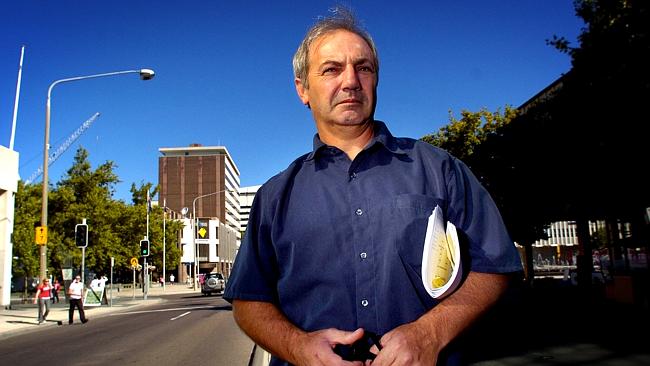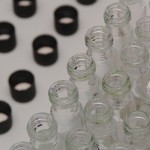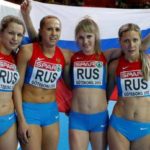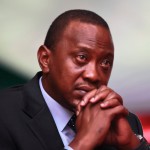
The International Amateur Athletics Association (IAAF) has refuted allegations of doping against top athletes.
According to the IAAF, reports by The Sunday Times and German broadcaster ARD/WDR regarding results which were obtained from an IAAF database of 12,000 blood tests carried out between 2001 and 2012 were not positive tests or proof of doping.
Both media outlets had noted that more than 800 athletes and a third of all medallists in events at recent Olympics and World Championships had distrustful blood test outcomes and that they were not trailed up by the IAAF.
The broadcasters had employed two of the world’s ‘chief anti-doping experts’ Robin Parisotto and Michael Ashenden, to critic the data.
But on Tuesday the IAAF rubbished the allegations, saying the reports offer no new evidence that any athlete had failed a drugs test.
“Possessing that data and using it displayed spectacular ignorance or wickedness about asset of readings you simply cannot generalise,” Lord Sebastian Coe, an IAAF vice-president, said.
Lord Coe, an Olympic gold winner in the 1500 metres at the 1980 and1984 games, said and defined allegations of widespread doping in athletes as a ‘declaration of war’.
“The fight back starts here; it is an affirmation of war on my game. Our history of competence and integrity in drug-testing has nothing that permits this kind of attack,” Lord Coe, an aspirant for the IAAF presidency said.
According to IAAF, a large proportion of the blood samples was gathered in a period before the implementation of the Athlete Biological Passport (ABP) and cannot be used as evidence.
“The use of this data and all the exaggerations is an attempt to damage the reputation of the athletes and the game,” Coe said:
He added: “None of us says that the news organisations have no right of questioning but the selective use of the information is not right.”







